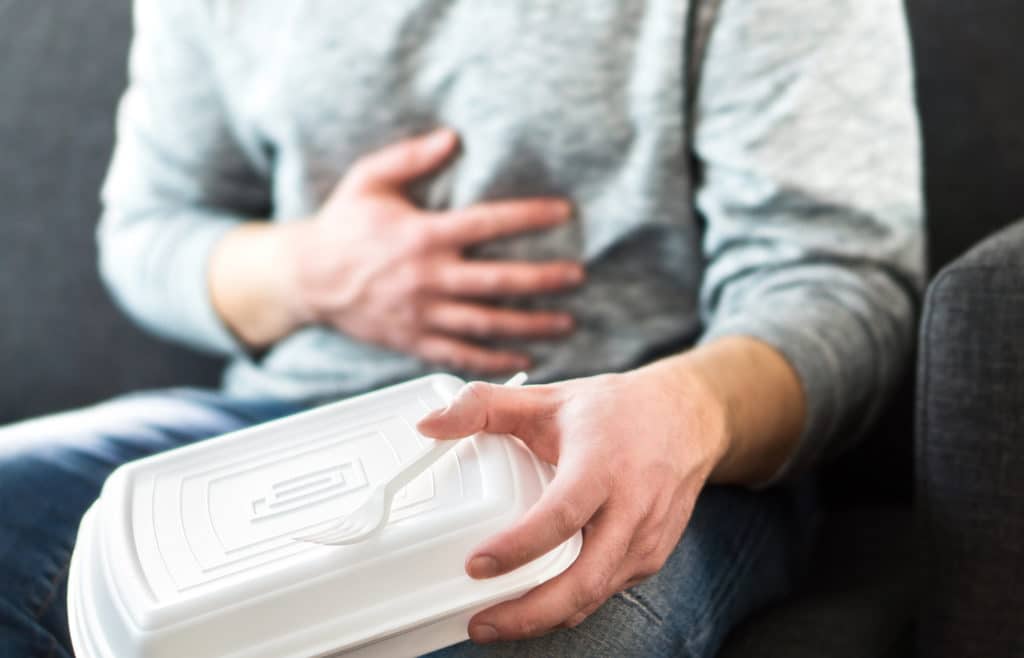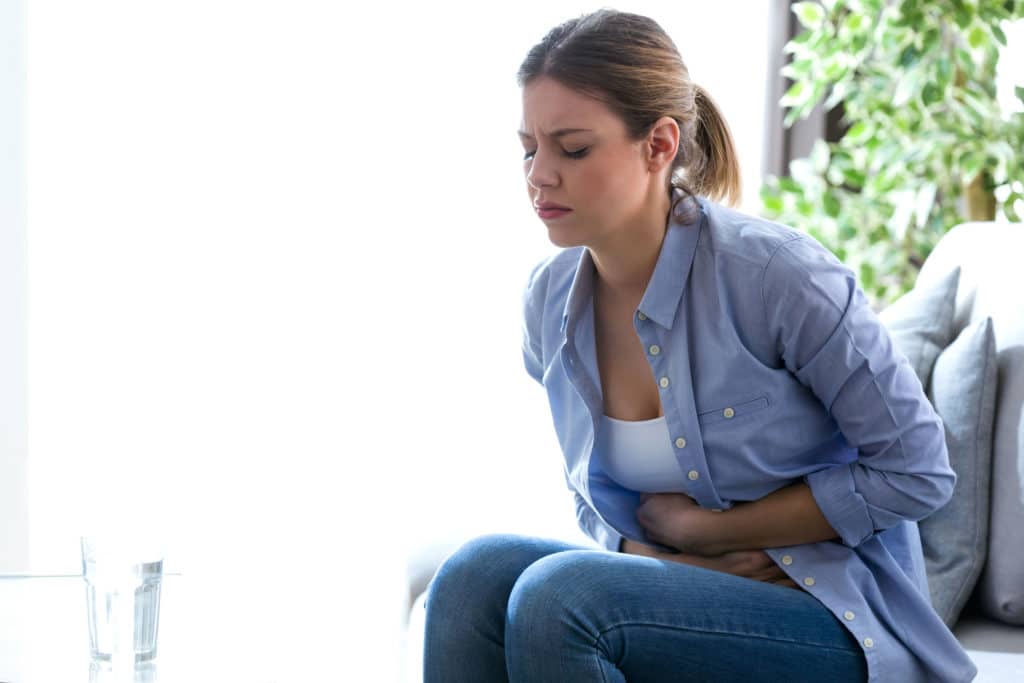
‘Tis the season for feasting with family and friends, but the feasting can lead to food poisoning if you aren’t careful. Here are some tried and true tips for staying healthy while you feast this holiday season.
Know Your Food Poisoning Bugs and How They Work
These are the most common microorganisms that can cause nasty upset in your gastrointestinal system:
E-coli – Most commonly found from meat that hasn’t been cooked long enough.
Campylobacter – Found in undercooked poultry and other meats.
Listeria – Found in expired foods, some prepackaged foods, and soft cheeses.
Salmonella – Most common in dairy, raw eggs, and raw meat.
Proper preparation, cooking, and storage will help keep you safe from these bugs. It’s also wise to keep an eye on product recall lists before you serve your feast.
Prepare Food the Right Way
As you’ve probably heard many times before, the best form of prevention is washing your hands with soap and water often. Wash your hands before you prep foods and between prepping different foods. For example, if you handle raw poultry, make sure to wash your hands well before handling other foods, especially those that won’t get cooked, such as veggies for the crudité tray.
Don’t cross-contaminate by using bowls, knives, and cutting boards for the same foods. Have separate utensils and dishes for separate foods, and wash everything in hot, soapy water before using it for another purpose.
If you have a fresh turkey, cook it no more than one to two days after purchasing.
If you’re cooking a frozen turkey, give it plenty of time to thaw in the refrigerator. Thaw 24 hours for every four or five pounds of turkey. If the center is still frozen, you run the risk of contamination.
Whether you have a fresh or frozen turkey, store it in a large dish in the refrigerator to prevent raw juices from contaminating other foods.
Also, very important: Don’t rinse your turkey. It doesn’t remove enough bacteria to offset the bacteria at will be spread to your sink and other surfaces when you rinse. It’s not necessary and can be potentially hazardous.
Finally, it’s best to cook stuffing in a separate dish rather than placing it inside the turkey. Any raw juices can contaminate the stuffing and make you sick.
Cook with Safety in Mind

Use a meat thermometer to test the internal temperature of the thickest part of the meat or casserole you are cooking. Clean your thermometer with hot, soapy water every time after you perform a test.
Here are the government recommended guidelines for internal temperatures:
- Ground meats: 160 degrees Fahrenheit
- Poultry: 165 degrees Fahrenheit
- Fish with fins: 145 degrees Fahrenheit
- Whole cuts of pork, beef, veal, and lamb: 145 degrees Fahrenheit plus 3-minute resting time, or 160 degrees Fahrenheit with no rest time
- Casseroles or leftovers: 165 degrees Fahrenheit
Become an Expert on Food Timing
Timing is crucial for keeping foods safe to eat. Don’t plan to leave food out longer than necessary, and don’t put out too much food at once. Food that is left out too long at room temperature can develop dangerous levels of unhealthy bacteria. Here are a few tips for timing:
- Place food out only 15 minutes before you expect guests to arrive.
- Keep cold foods on top of an ice tray so they stay colder longer.
- Keep hot foods hot with a warming trivet or crockpot.
- Put all leftover foods in the refrigerator or freezer within two hours of serving.
Learn the Rules on Leftovers
Refrigerate all leftovers in small, shallow containers or storage bags. They will cool down faster than a full, warm casserole dish and be safer to eat.
Keep only as many leftovers in the refrigerator as you can eat within three days. Freeze the rest or give them away.
After defrosting frozen leftovers, be sure to eat them within 24 hours.
Reheat all leftovers thoroughly to no less than 165 degrees Fahrenheit, and use a thermometer to test the temperature.
Pay Attention to Symptoms of Food Poisoning

Not feeling yourself after a holiday feast? You’re not alone—over 48 million Americans get sick every year from food poisoning. These are the signs that may indicate bad food has made you sick.
- Fever
- Stomach cramps
- Diarrhea
- Vomiting
Your symptoms may show up a few hours or a few days after you eat the bad food. If you aren’t feeling any better after three days, consult your doctor to rule out complications and dehydration.
If your sickness is due to a contaminated product or another’s negligence, we can help. Get in touch for a free case review.









